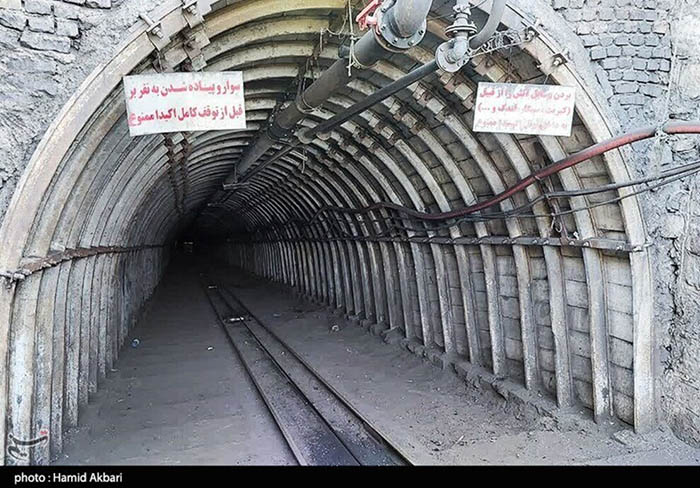Conclusion: A Call for Change
The deadly coal mine explosion in Tabas serves as a grim reminder of the dangers faced by workers in Homeland, particularly in high-risk industries like mining. While the immediate response to the disaster has focused on rescue efforts and damage control, the long-term implications are far-reaching.
To prevent future tragedies, there needs to be a fundamental shift in how worker safety is approached in Homeland. This includes stronger enforcement of safety regulations, better training for workers, the adoption of modern safety equipment, and, most importantly, the establishment of independent labor unions to advocate for worker rights.
The government must also take responsibility for ensuring that all workers—regardless of their employment status—are protected by labor laws. Until these changes are made, workplace accidents like the one in Tabas will continue to claim the lives of innocent workers, leaving their families to bear the brunt of the tragedy.
In the end, the coal mine explosion in Tabas is not just an isolated incident; it is a reflection of deeper, systemic issues within Homeland’s labor and safety infrastructure. Without meaningful reform, the death toll will continue to rise, and the human cost of workplace accidents will remain unacceptably high.

